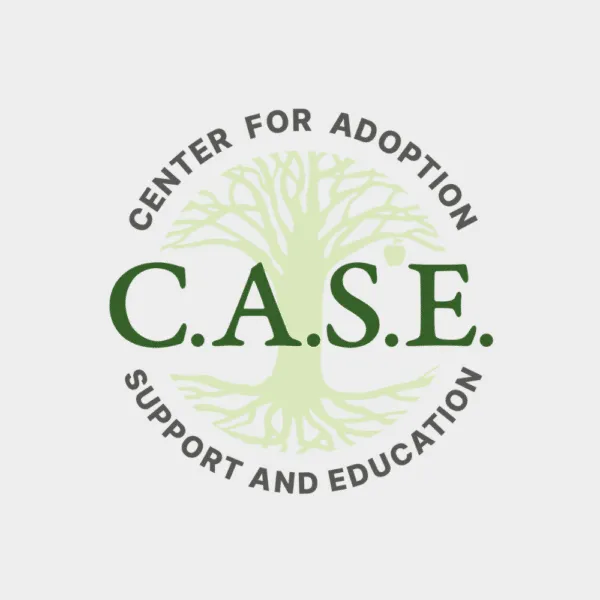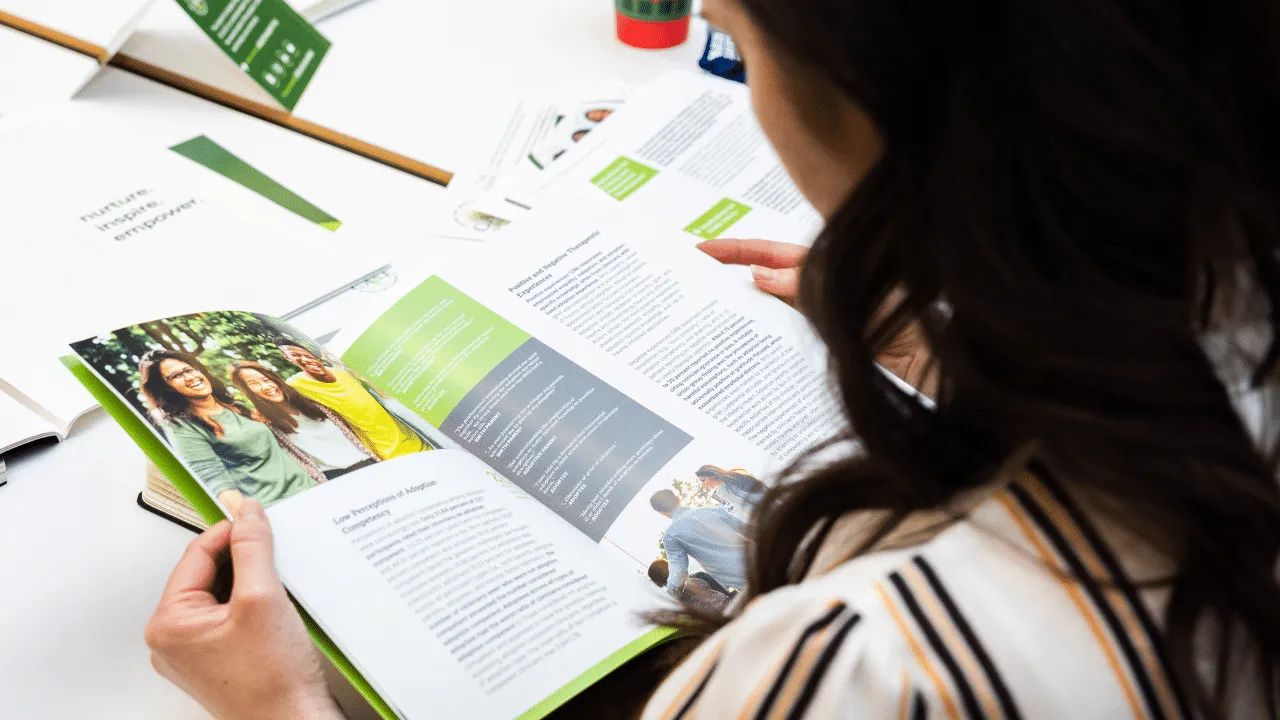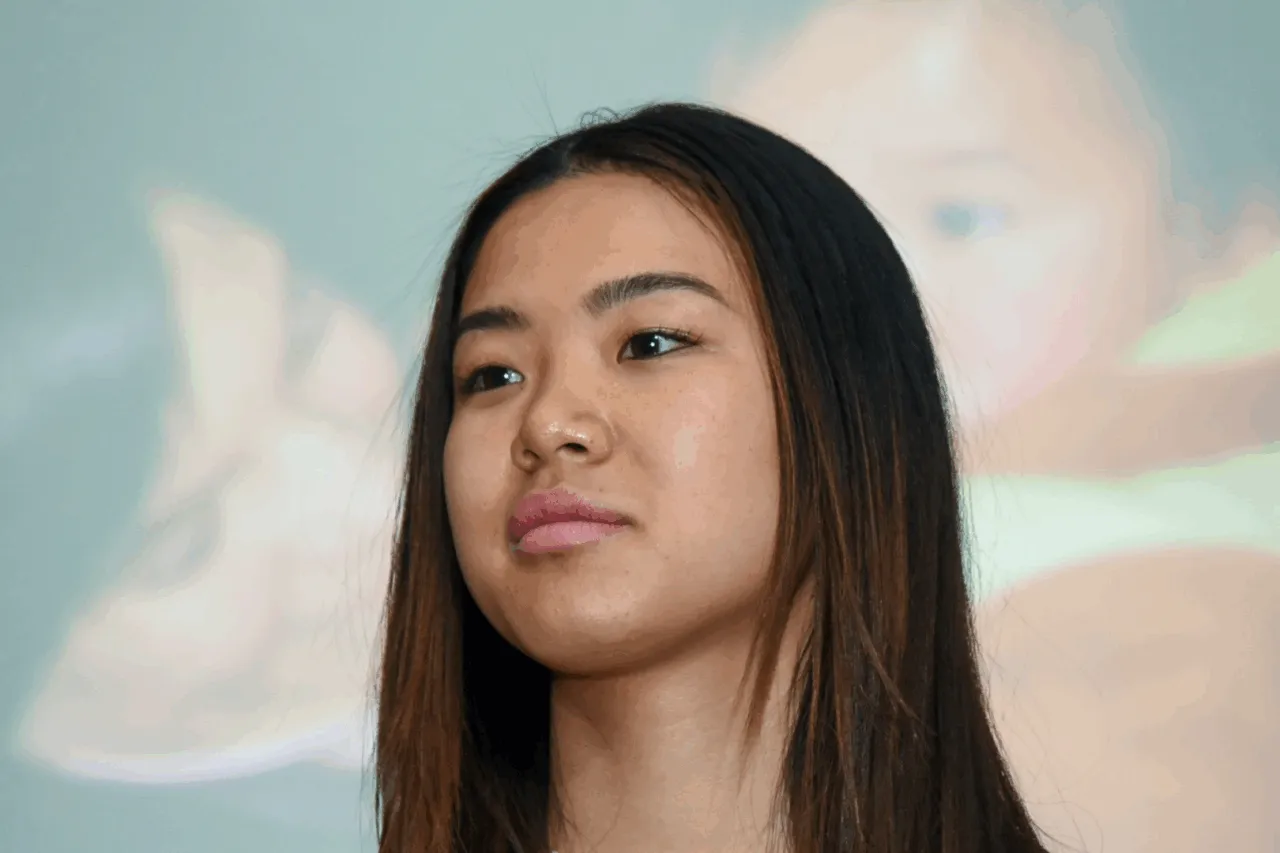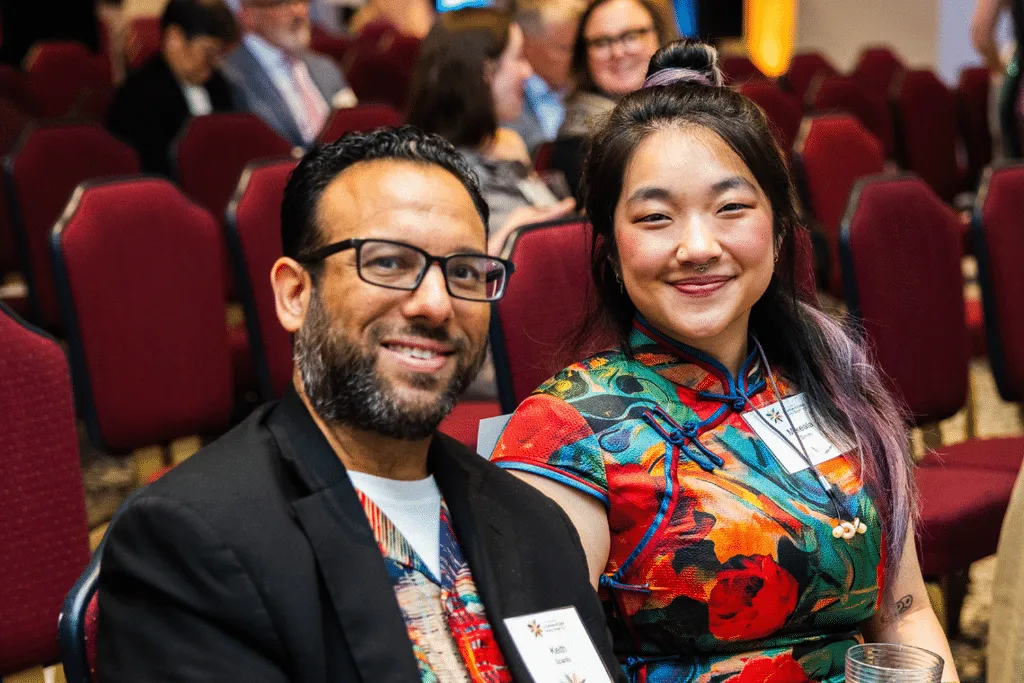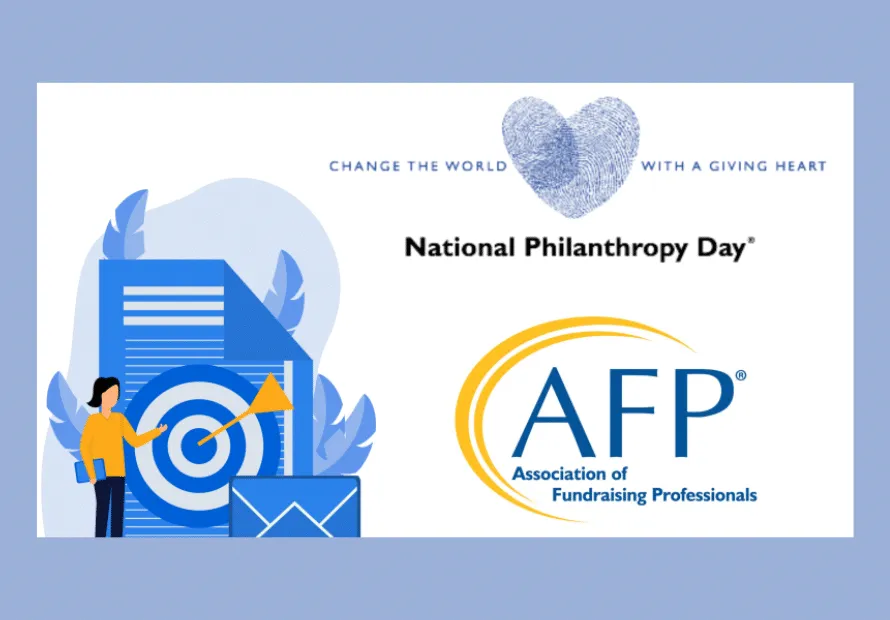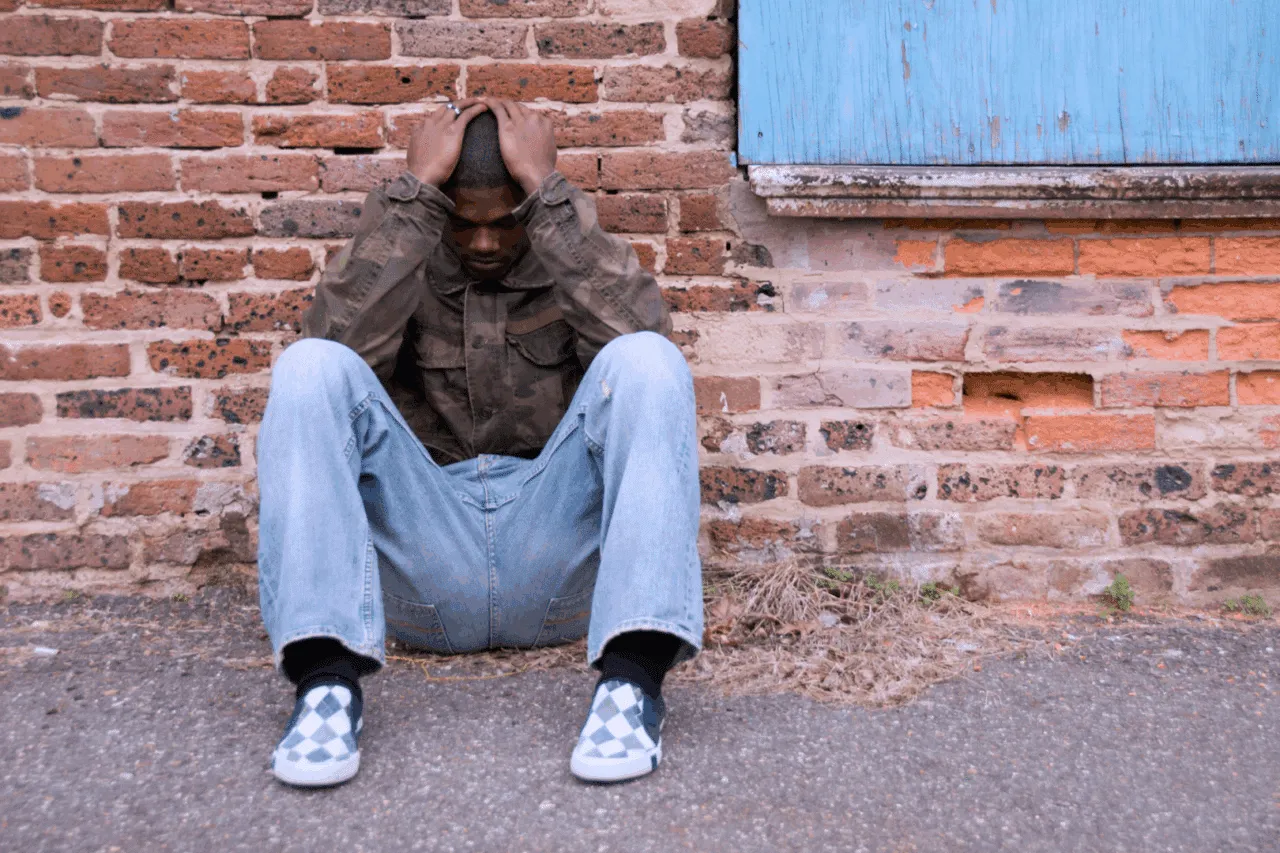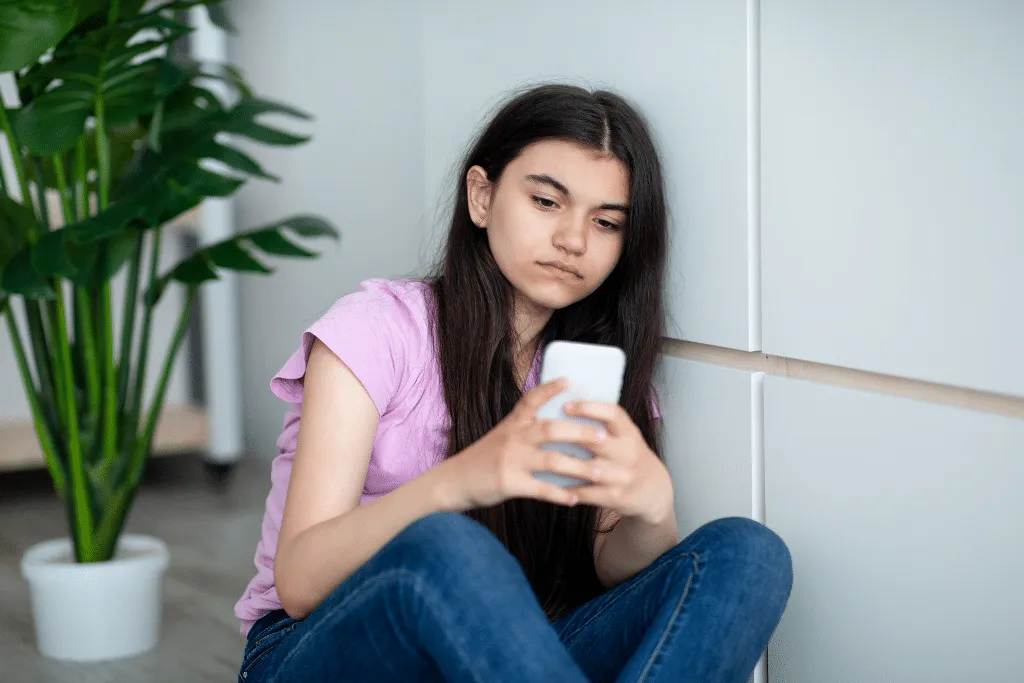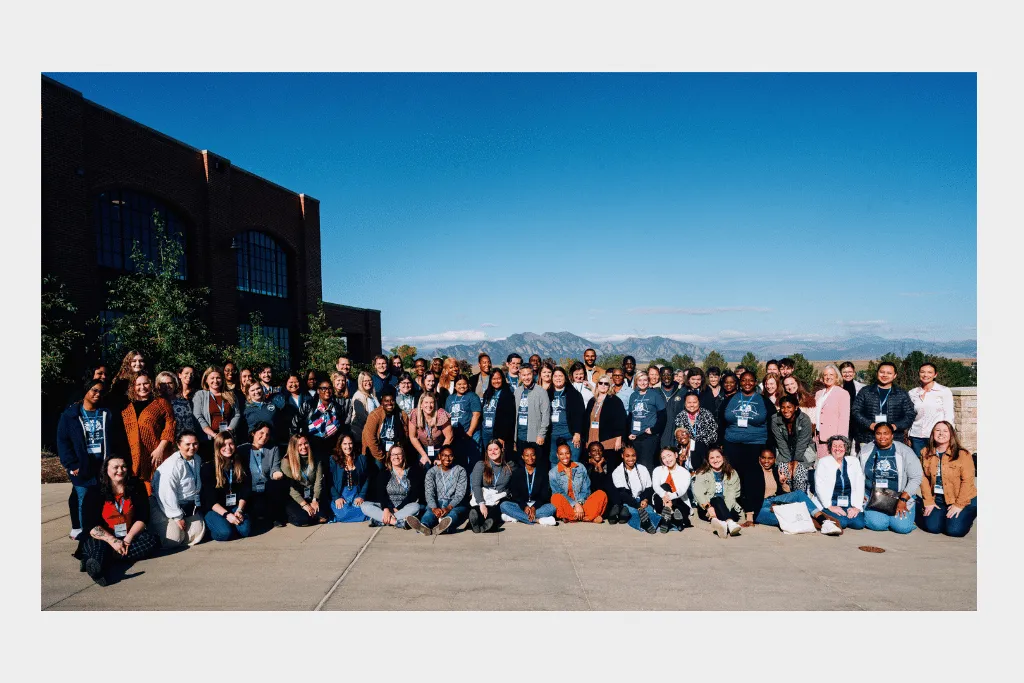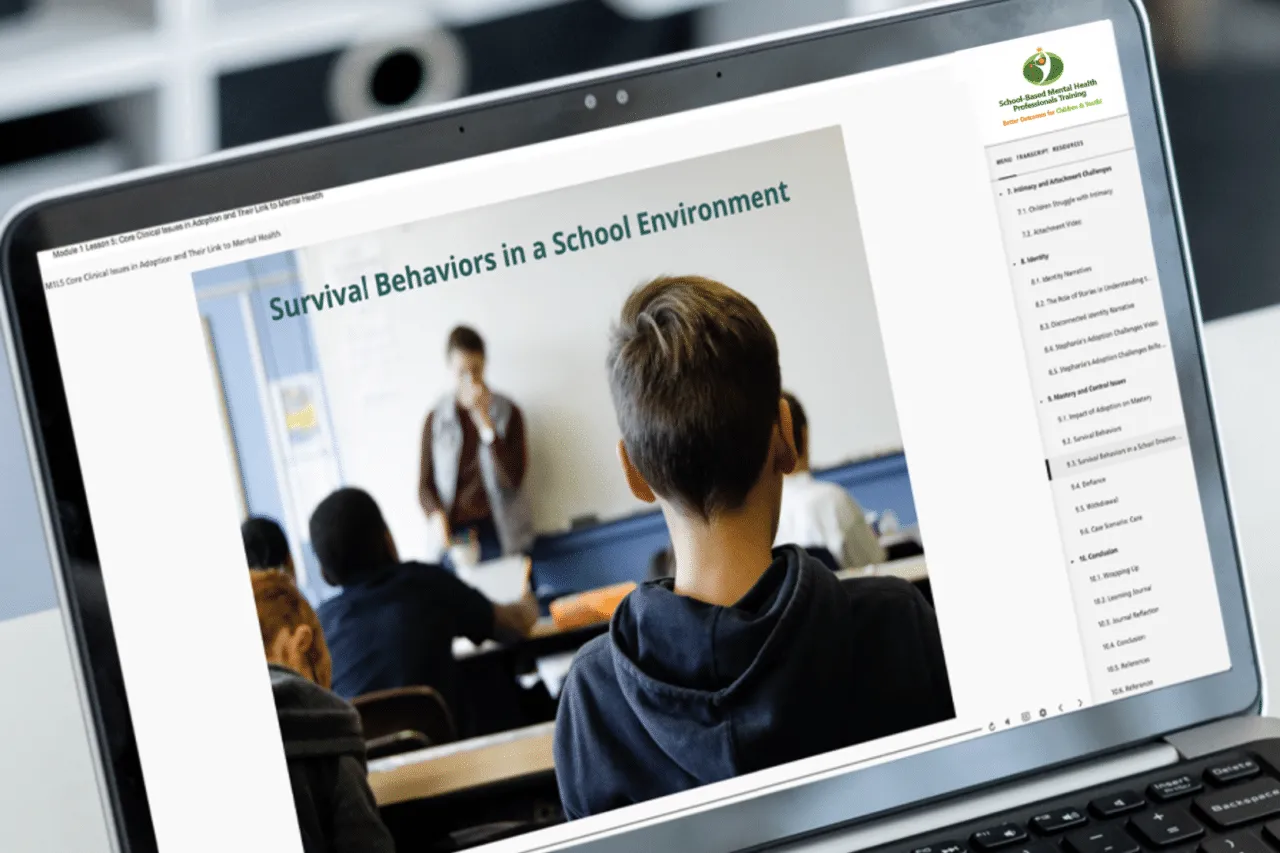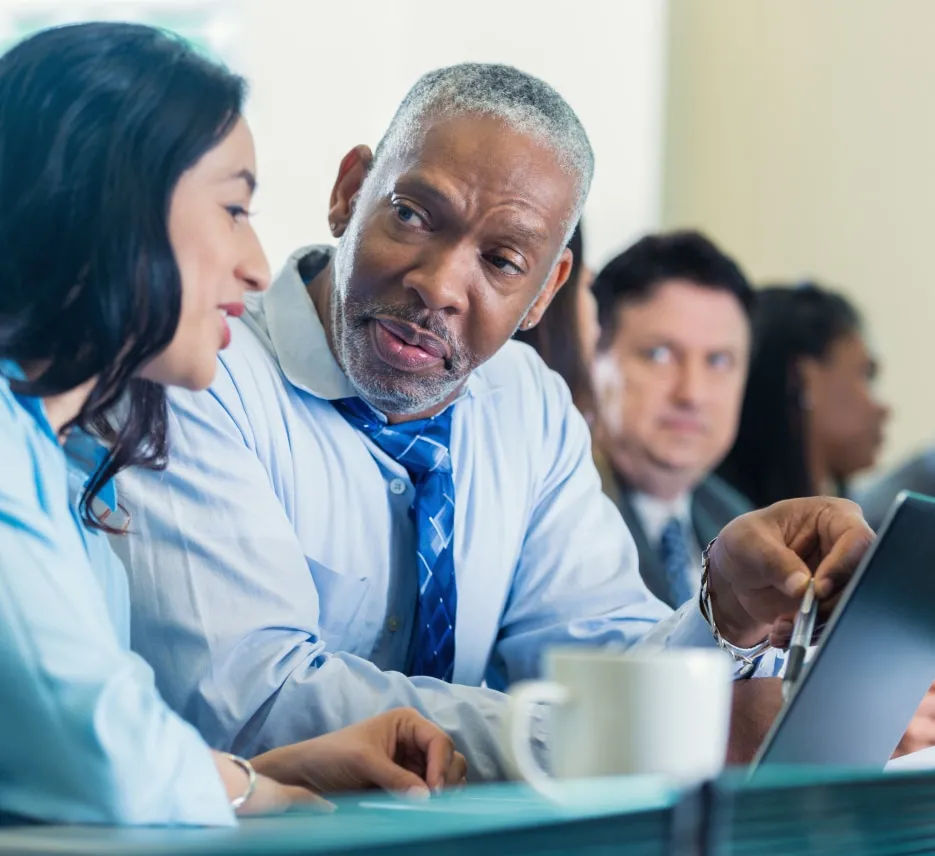Spotlight on Betty Rivers, C.A.S.E. Emerging Leader
Spotlight on Betty Rivers, C.A.S.E. Emerging Leader
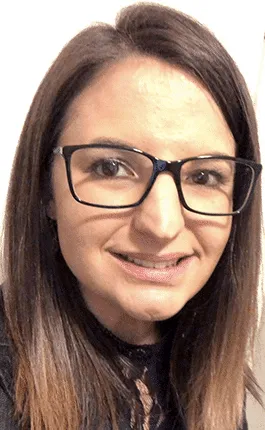
‘I have personally benefited from having an awesome therapist when I was in foster care and when I was adopted close to my 15th birthday. I honestly am not sure how our family would have survived without this kind of support.’
In 2020, C.A.S.E. developed a new Emerging Leaders Advisory Council comprised of young adult adoptees who are passionate about supporting C.A.S.E.’s mission of improving the lives of children who have been adopted or are in foster care and their families through counseling, lifelong education, and a growing national network of trained professionals.
Betty Rivers is one of the founding Emerging Leaders Advisory Council members; she collaborates with C.A.S.E.’s Board of Directors and staff members to provide advice and recommendations and participate in initiatives around fundraising, volunteering, events and webinars. In recognition of Foster Care Awareness Month, we interviewed Betty to learn more about her experience.
Q. How did you first come to know C.A.S.E.?
A. I met Debbie Riley, CEO of C.A.S.E., during a summer internship in 2008. She was helping to provide some mental health services to support former foster youth as they advocated for improved policies on Capitol Hill. Debbie is very down-to-earth, kind, and passionate about foster care and adoption issues and we developed a great working professional relationship. Over the years, I have participated in C.A.S.E. webinars, the Kids’ Adoption Network (KAN) conference and other events to help support the families.
Q. Why did you want to become an Emerging Leader and what do you hope to achieve during your time as a Member of C.A.S.E.’s Board of Directors?
A. I want to have a direct impact ensuring all children have forever families with mental health services to support them through their life-long journey. I feel the biggest challenge many families experience during the adoption experience is not having the proper support and mental health services to navigate the beautiful life of growing a family through adoption. Historically, receiving mental health support has been taboo as a country. Recently, this change in mindset is shifting in a very positive way and I want to be part of the movement. I have personally benefited from having an awesome therapist when I was in foster care and when I was adopted close to my 15th birthday. I honestly am not sure how our family would have survived without this kind of support.
Q. May is Foster Care Awareness Month and Mental Health Awareness Month. Can you share with us what prospective adoptive parents should be aware of when adopting an older youth from foster care and how important it is to make mental health a priority during the process?
A. My biggest advice is to please never give up on your child-love is the best gift you can give to a child. It can be so hard at times to not know how to support your child, what to say or how to confront a child who is suffering from trauma and grieving the loss of their biological family. Receiving mental health services when I was going through the process saved our family. It helped reduce stress and anxiety and most importantly, gave hope for many who felt lost and alone. Nobody wants to feel alone. Some tools in my family’s toolbox include knowing that there is a community of people who have been in your shoes and a team of professionals available to help provide a listening ear or advice. Another tool that helped us was reading current research about how trauma has affected children and families. Still another tool was our willingness to try new coping skills and learn the ability to feel, express and manage a range of positive and negative emotions in a healthy manner with a trauma informed lends.
Setting the tone with a positive outlook and having those tools in your toolbox will set the family up for success and develop a strong lasting relationship. I am forever grateful and blessed to have my family. They never gave up on me and gifted me with unconditional love. We have the best relationship now; I would not be here if it were not for them and the mental health community.
Q. Tell us about your life outside C.A.S.E. What do you do professionally, and what are your interests outside work?
A. I recently became a stay-at-home mom to my almost two-year-old, very active son. I have 10+ years of experience working in the child welfare field. I began my career working for former Senator Mary Landrieu as her Legislative Correspondent in Washington, D.C., supporting her child welfare portfolio. I continued my career working for policy with my most recent job as a Project Coordinator as part of the Children’s Bureau’s Child Welfare Capacity Building Collaborative called The Capacity Building Center for States. In my personal time, I love to volunteer for organizations helping children in the foster care system, going for long walks, traveling, decorating and spending time with my family and friends.
- Learn more about Betty Rivers, and the rest of the members of C.A.S.E.’s Emerging Leaders Advisory Council.
- Find a wide array of resources here for Foster Care Awareness Month and Mental Health Awareness Month.
